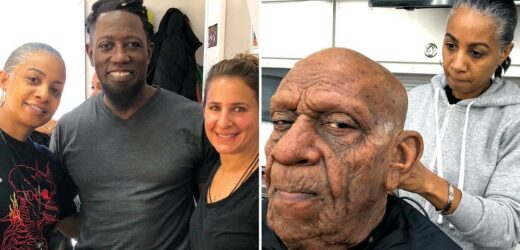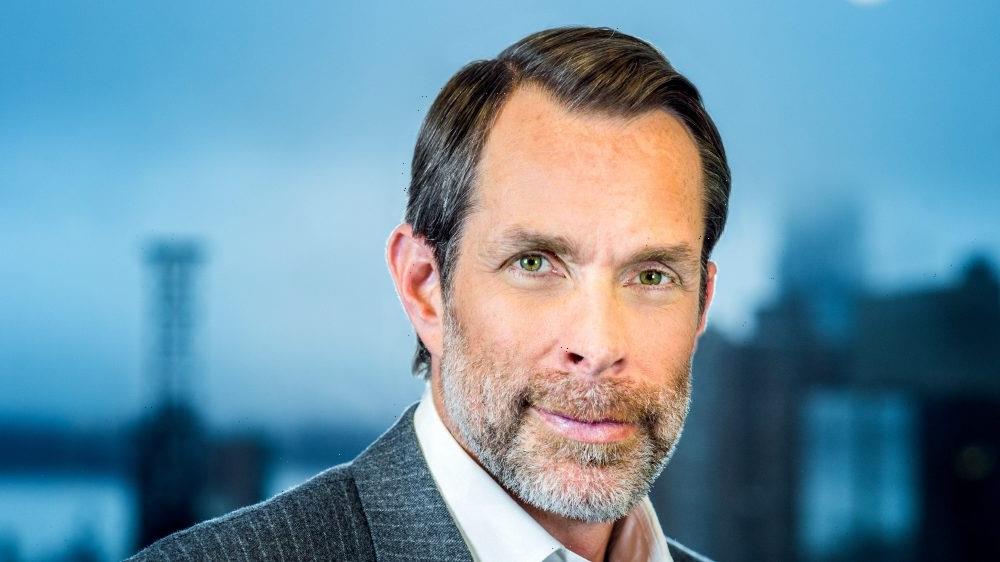As an African American, I cannot discuss Black history without mentioning the direct influence it has on the fabric of my existence. As a Black female barber-stylist, by profession, I reflect on the history of Black barbers and barbershops, as well as my progenitors that pioneered a historical pathway.
Amidst many social changes that transpired in the 19th century, Black-owned and operated barbershops catered most to white patrons. The Black barbers, who were usually slaves, rarely serviced Black men.
Segregation was highly enforced, forbidding barber tools used on a Black man to also be used on white customers. After the emancipation, Black-owned barbershops were opened to service Black customers. That was the very beginning of the barbershop traditionally becoming a sanctuary for Black men.
During those years, prerequisites, individualized by each state, required a barber to be formally trained and licensed, causing many shops to close. This propelled Henry Miller Morgan in 1934 to open the first barber school for African Americans, Tyler Barber College, which soon became a national chain. Eventually, the Tyler Barber schools grew to train nearly 80% of Black barbers in America at the time.
Ten years after the successful opening of the Tyler Colleges, my grandfather, who was 17 at the time, began to study and take advantage of the rich social and economic legacy of barbering. He opened the first barbershop to be owned and operated by an African American in Gordon Heights, Long Island.
From its humble beginnings to the next 68 years thereafter, his business became a place in the Black community that men gathered to connect, fraternize and — of course — get groomed; a place where Black men found hopes, dreams and pride.
The shop was the unspoken gem in the community, a safe place that drew clients, provided economic elevation, political insight, shaped humble lives and defined unique identities; a place where Black men from all walks of life shared ideas and found their royalty. There, our self-made kings discovered dignity, inspiration and transformation for generations.
Within the history of barbering, I find an intrinsic drive and inherent parallels to my tonsorial career in film and television. Being an impactful trailblazer and influencer, professionally and socially, amongst my peers and upcoming artisans is exhilarating, especially during a time where Black lives matter, and inclusivity and Black excellence narratives are prevalent.
I started in a traditionally male-dominated profession and set out to somehow become an inspiring role model for those following their dreams, no matter the odds.
To date, I have become a unique luminary adherent to the occupation of barber-styling on screen, although I am not “just one of the boys.”
Thus far, I have been nominated for five Emmy Awards, seven MUAHS Awards with one win, and I have worked as a stylist on 87 notable productions, starting on classic TV shows like “Martin” and “The Fresh Prince of Bel-Air.” I have been Oscar-shortlisted for my hair designs on “Coming 2 America” and “Dolemite Is My Name,” which was nominated for a Critics Choice Award. The styles executed in “Dolemite Is My Name” currently appear on exhibit at the Academy Museum of Motion Pictures in Los Angeles. I’ve also had the honor of appearing on screen, portraying myself as a barber on three shows.
Currently, I’m the personal barber-stylist for Eddie Murphy, Anthony Anderson, Lil Nas X and Alfonso Ribeiro, with 23 years of membership to the Makeup Artist and Hair Stylist Guild, where I serve as an executive board member. I also co-authored the industry-wide back-to-work COVID-19 safety protocols for make-up artists and hairstylists.
Like my forefathers, I aspire for my work and journey to be an impactful part of cinematic Black history, empowering Black artists to surpass their wildest dreams.
Stacey Morris has been working in the industry for over 30 years and is an Emmy-nominated hairstylist whose 87 credits include “Coming 2 America,” “King Richard” and “Black-ish.” Morris just won Best Contemporary Hair Styling at the Make-Up Artists and Hair Stylists Guild Awards.
Source: Read Full Article

